Search Results
Showing results 1 to 20 of 52

Walk On Water Bugs
Source Institutions
In this activity (on pages 29-35), learners examine water pollution and filtration.
Disappearing Water
Source Institutions
In this outdoor water activity, learners explore evaporation by painting with water and tracing puddles. Learners will discover that wet things become dry as the water evaporates.
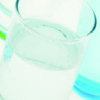
Water: A Basic Ingredient
Source Institutions
In this activity, learners explore healthy choices related to the liquids they drink. The importance of water and milk as essential nutrients for a healthy body is the focus of the experience.
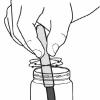
Salting Out
Source Institutions
In this activity, learners create a mixture of water, alcohol and permanent marker ink, and then add salt to form a colored alcohol layer on top of a colorless water layer.
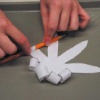
Moving On Up: Capillary Action II
Source Institutions
Learners explore capillary action in plants (such as plants ability to move water from roots to leaves) in an investigation called Paper Blooms.
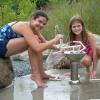
Measure the Speed of a Water Leak
Source Institutions
In this activity (page 2 of PDF under GPS: Glaciers Activity), learners will measure the rate at which water streams out of a leaky cup.

Amazon Water Cycle Roleplay
Source Institutions
In this creative roleplay activity, learners will explore the various processes of the water cycle using movement, sound, and props to aid in comprehension.
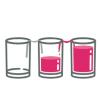
Walking Water
Source Institutions
In this activity, learners will be working with a sort of scientific magic, capillary action! They will set up 3 cups of water of different colors, connect them with paper towels and wait.
Making Rivers
Source Institutions
In this outdoor water activity, learners explore how to change the direction of water flow. Learners make puddles in dirt or use existing puddles and sticks to make water flow.
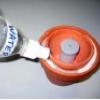
Cool It!
Source Institutions
Learners make a refrigerator that works without electricity. The pot-in-pot refrigerator works by evaporation: a layer of sand is placed between two terra cotta pots and thoroughly soaked with water.
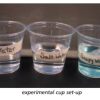
Let's Look at Water & the Scientific Method
Source Institutions
This activity has learners observe water and compare it to other liquids.
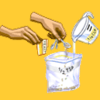
Breathing Yeasties
Source Institutions
Does yeast breathe? Find out by watching how plastic bags filled with yeast, warm water and different amounts of sugar change over time.
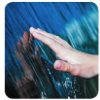
Below the Surface: Surface Tension II
Source Institutions
In this activity learners explore surface tension. Why are certain objects able to float on the surface of water and how do detergents break the surface tension of water?
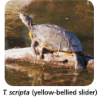
What's in the Water?: Biotic and Abiotic Elements in Aquatic Ecosystems
Source Institutions
In this investigation learners explore the differences between, and interdependence of, living and nonliving elements in a water ecosystem.
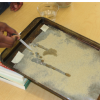
Erosion and Floods
Source Institutions
In this activity, learners create models of erosion and floods and learn to recognize both in their environment.
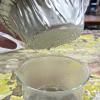
Wonderful Weather
Source Institutions
In this activity, learners conduct three experiments to examine temperature, the different stages of the water cycle, and how convection creates wind.
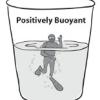
Oh Buoy!
Source Institutions
Learners work in pairs to design, construct, and test a device that exhibits positive, neutral, and negative buoyancy. They test a number of different objects in water to see if they sink or float.

Using Solar Energy
Source Institutions
In this activity, learners discover how solar energy can be used to heat water.

Be A Pasta Food Scientist
Source Institutions
In this activity, learners of all ages can become food scientists by experimenting with flour and water to make basic pasta.
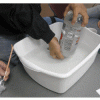
Inflate-a-mole
Source Institutions
In this activity, learners conduct an experiment to find the volume of one mole of gas. Learners capture sublimated gas from dry ice in a ziploc bag and use water displacement to measure its volume.
